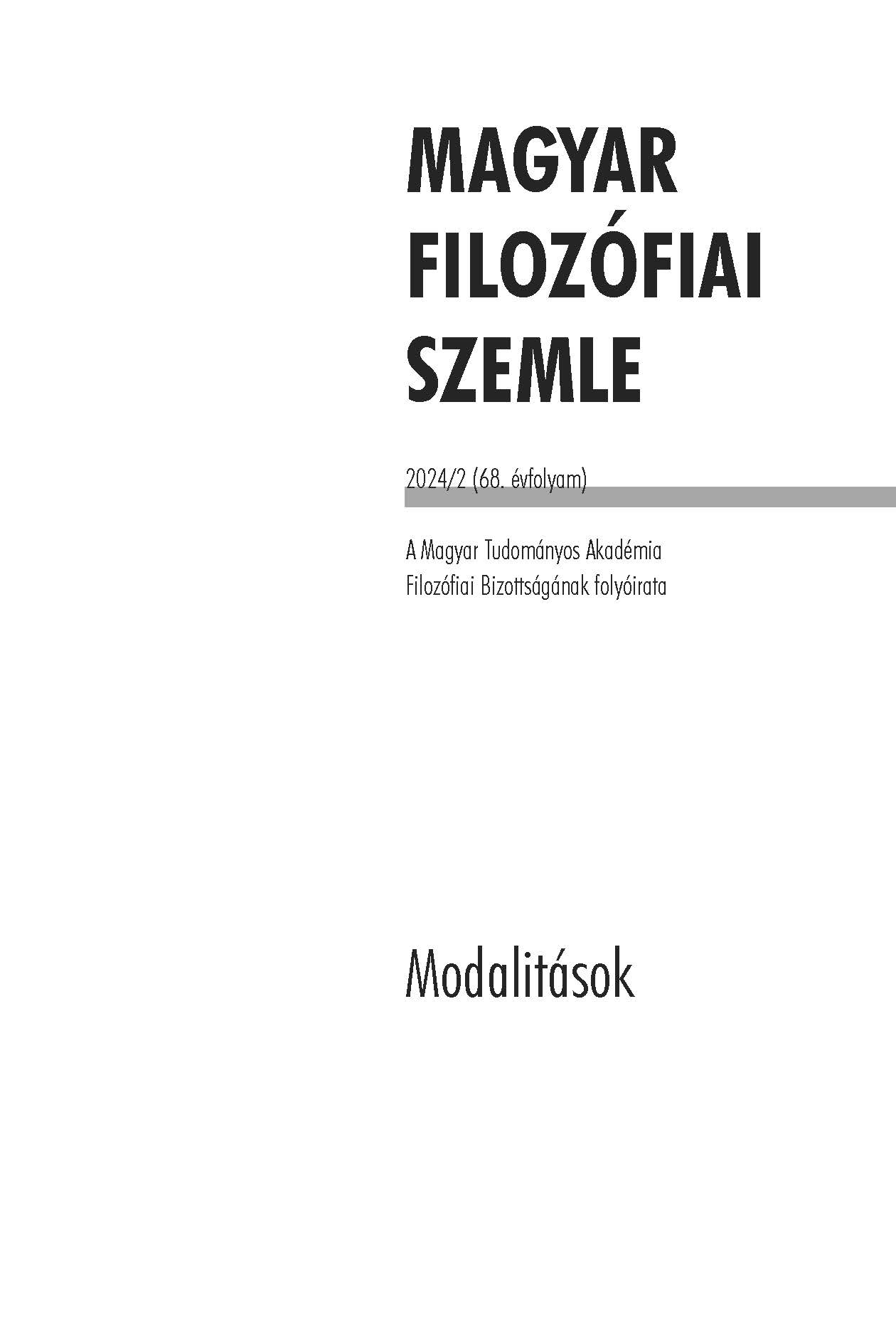Bernáth’s Theistic Arguments: Psychophysical Harmony and Moral Knowledge
Abstract
The fourth chapter of László Bernáth’s book Létezik-e szabad akarat? [Does free will exist?] briefly formulates two theistic arguments: namely, those from psychophysical harmony and moral knowledge. This response argues first that these arguments are essentially independent of the issue of free will and can be formulated without reference to it with no loss in plausibility. Second, the paper considers how these fundamentally abductive arguments involving philosophical cost-benefit analysis fit into Bernáth’s broader anti-Bayesian and transcendental approach to epistemology.



